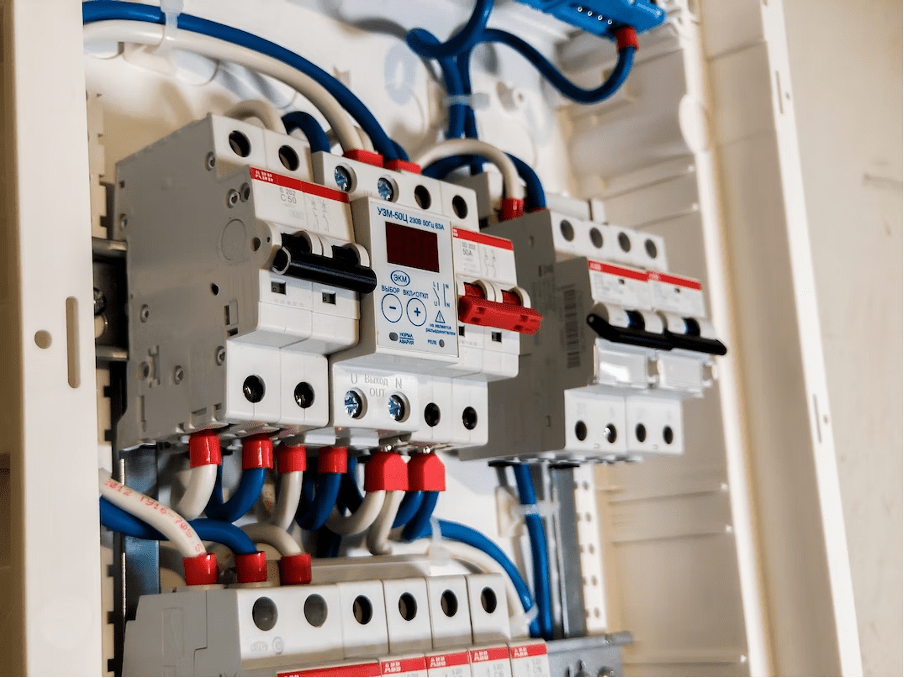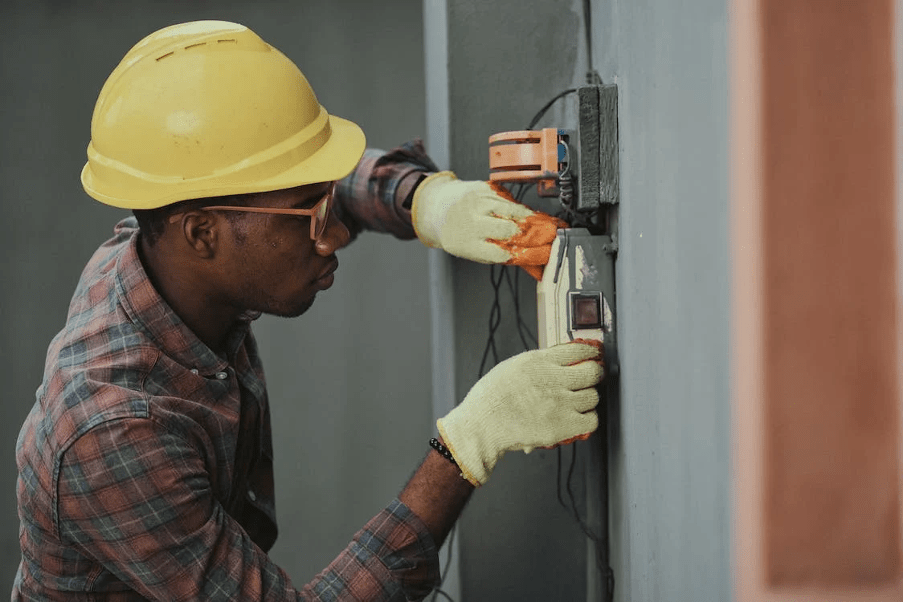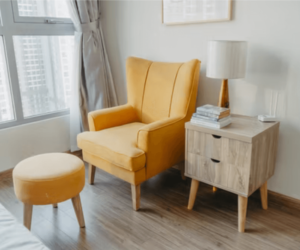
Are you tired of electrical problems in your home? Do you want to fix them once and for all? Luckily, there are some easy ways to do just that. This article will share a few top ways to fix electrical installations around your house.
Check your breakers and fuses
Breakers and fuses are devices that protect your electrical system from damage. If there is a problem with the electrical installation, the breaker or fuse will “trip” and cut off the power. This prevents the electrical current from flowing through the system and causing damage.
If you have a breaker that trips frequently, there is likely a problem with the electrical installation. Replacing the breaker is usually a relatively simple and inexpensive fix. However, if you have a fuse that blows frequently, the electrical installation is likely a more severe problem. In this case, calling an electrician to diagnose and repair the problem is your best bet. Also, remember that repairing breakers and fuses will need replacements of components, if not the entire set. As such, you will need to know how much it cost to replace a consumer unit (fuse box), socket, switch, and other parts. Preparing for the repairs’ costs is a crucial subsequent step after checking your breakers and fuses to ensure your electrical installation is in good working order.
If you are unsure how to check your breakers or fuses, or if you think there may be a more alarming problem with your electrical installation, call an electrician. They will be able to recognize and fix the problem quickly and safely.
Inspect your outlets
Electrical outlets are one of the key parts of your home’s electrical system. They provide the connection point for your home’s electrical devices and appliances. Outlets also play a vital role in protecting your home from electrical hazards.
Unfortunately, outlets can also be a source of electrical problems. Over time, outlets can become loose, damaged, or even corroded. This can cause serious problems, including fires and electrocutions.
That’s why it’s so important to inspect your outlets regularly. Doing so helps you spot potential problems before they become dangerous. Here are some tips on how to inspect your outlets:
- Start by unplugging all devices and appliances from the outlet.
- Inspect the outlet visually for any signs of damage, such as cracks, chips, or burns.
- If you see any damage, stop using the outlet immediately and have it repaired or replaced by a qualified electrician.
- Inspect the wiring behind the outlet. Make sure there are no loose wires or other problems.
- If you have any doubts about the safety of an outlet, have it inspected by a qualified electrician. It’s better to be safe than sorry!
Check your wiring
One of the most common problems with electrical installations around the house is faulty wiring. This can be caused by several factors, including incorrect installation, damage from pests or rodents, or simply wear and tear over time.
If you suspect that your wiring may be at fault, it’s essential to have it checked by a qualified electrician as soon as possible. In some cases, faulty wiring can be repaired; in others, it may need to be replaced entirely. Either way, addressing the problem as soon as possible is essential to avoid any potential safety hazards.
If you’re unsure whether your wiring is up to par, there are a few easy ways to check it yourself. First, look at all the outlets in your home; if any of them are hot to the touch or if the plugs are loose, that’s a good indication of a problem.
Another way to check your wiring is to look for signs of wear and tear, such as frayed or exposed wires. If you see any of these signs, it’s time to call in a professional. You can also get in touch with A-lumination electric for best assistance.
Damaged or faulty wiring can pose a severe safety hazard, so it’s important to have it fixed as soon as possible. Taking simple precautions and being aware of the signs of trouble can help keep your electrical system running smoothly and avoid potential disasters.
Upgrade your panels and breakers
Most homeowners don’t realize that their electrical panels and breakers are two of the most critical aspects of their home’s electrical system. Why? Because these are the components that help to keep your electricity flowing smoothly and safely. If either of these components is not working correctly, it can cause significant problems with your electricity, including power surges, blackouts, and even fires.
That’s why it’s essential to ensure that your electrical panel and breaker are up to date-and in good working condition. If you’re unsure how to do this, you can do a few things to ensure they both function properly.
First, upgrading your electrical panel to a newer model is a good idea if you have an older home. This will help to ensure that your home’s electrical system is up to date and able to handle the demands of today’s electrical appliances and devices.
Second, if you have any breakers that are not working properly, it’s important to replace them. Breakers not working correctly can cause many problems, including power surges and blackouts. Therefore, ensuring that all your breakers are in good working condition is essential.
Finally, if you’re still having trouble with your electrical system, it’s a good idea to call in a professional electrician. An electrician can come to your home and assess the situation, giving you peace of mind that your electrical system is in good hands.
Get a whole-house surge protector
A power surge can cause major damage to your home’s electrical system, and it’s one of the most common ways that electrical problems start. That’s why it’s important to have a whole-house surge protector installed. This will help protect your home from voltage spikes and keep your electrical system running smoothly.
Surge protectors absorb excess electricity and redirect it away from sensitive equipment. They’re usually installed near the main electrical panel and can protect the entire house. Surge protectors come in different sizes and ratings, so choosing the right one for your home is essential. A qualified electrician can help you select the best surge protector for your needs.

Following these tips can fix many of your home’s most common electrical problems. With a little effort, you can keep your home’s electrical system running smoothly for years to come.



